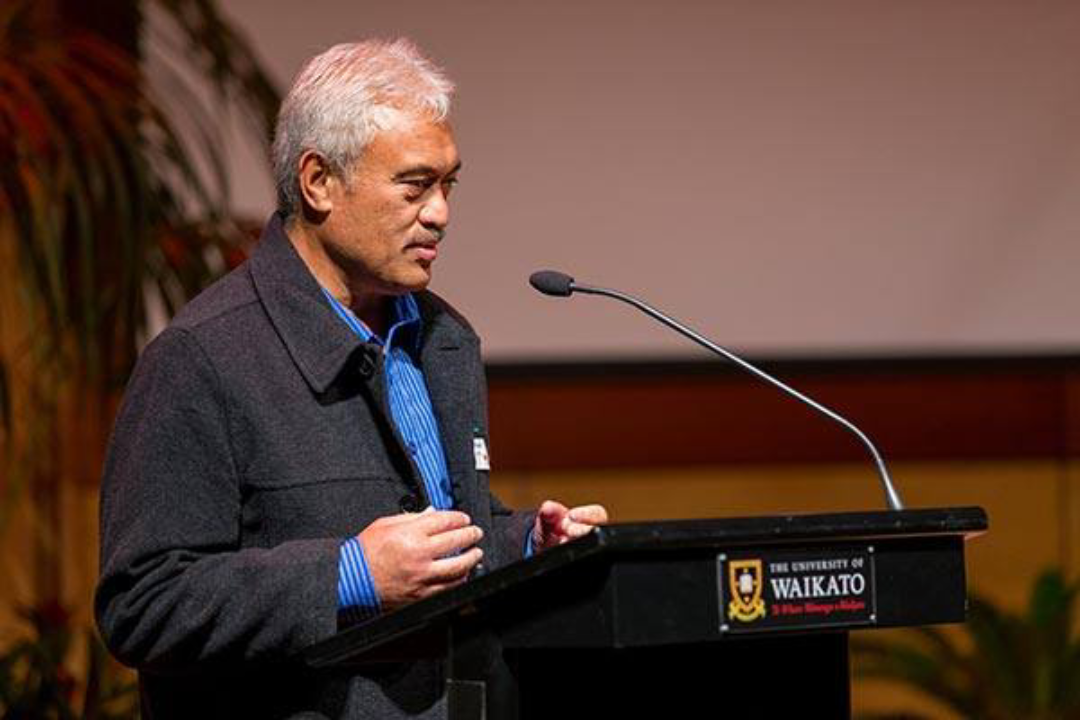The study, originally published in MedRxiv on 31st August 2021, has now been updated and published in the New Zealand Medical Journal, and is set to be released on Friday 11 March.

The study found that on 18 August 2021, of the 447 vaccination services nationally, just 28 (6%) of them appeared to be iwi led or run by Māori or Pacific providers. Other providers included 212 (47%) GP clinics, 91 (20%) pharmacies, and 50 (11%) DHB-run dedicated vaccination centres. The geographic distribution of these services also disadvantaged several priority populations.
The study’s lead author Dr Jesse Whitehead, from the University of Waikato, says vaccination services could have been proactively planned to target priority populations, but the research showed authorities relied on current health services regardless of their already recognised inequitable distribution and delivery.
“It underlines that the Covid-19 vaccination roll out has failed to protect Māori and reinforces the urgent need for an independent Māori Health Authority, with a service commissioning mandate, to design and deliver effective and equitable services for Māori,” says Dr Whitehead.
The study showed Māori and Pacific people, over 65-year-olds, and rural residents had the worst access to vaccination services. Ongoing monitoring suggests that although the availability of services did increase in response to the Delta outbreak, accessibility has not substantially improved in rural areas.
“These findings add to the body of research describing spatial inequities in New Zealand’s health system, across a range of health services,” says Dr Whitehead.
The study says Māori and Pacific people already report experiencing racism from healthcare providers and are disproportionately affected by cost and transport as barriers to accessing GP services.
“To ensure an equitable and universal vaccine rollout giving priority populations appropriately higher access to vaccination services and opportunities for vaccination is key,” says the study. District Health Boards providing high levels of access across their region had more equitable vaccination uptake.
Dr Whitehead says an earlier study concluded that if current health services and facilities were used without well-designed and supported outreach services, then access to vaccination was likely to be inequitable. He says this study had proven that to be true, and believed the resulting rollout showed there needs to be a better national strategy.
“If you don’t consciously try to design a pro-equity vaccine rollout, the consequence is that it will disadvantage our most vulnerable populations,” says Dr Whitehead.
“Individual DHBs are all going to have different strategies and may not have the resources to do the spatial planning. That’s why we suggest a Māori Health Authority has the potential going forward to design and deliver effective and equitable health services.”
Dr Whitehead says it would become more important as New Zealand moved to vaccinating five to 11-year-olds and continued with Covid-19 booster shots.
This research aligns with the following United Nations Sustainable Development Goals:




